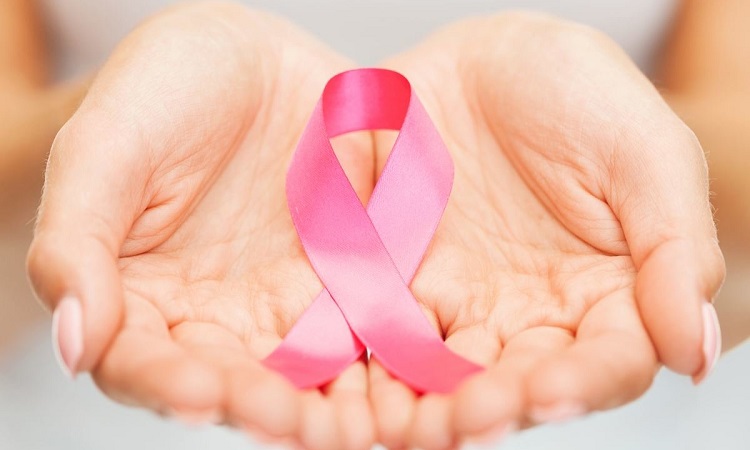We are well into Kenya’s cold season, which has seen us experience extremely low temperatures as well as a fair share of rainfall. Sweater and space heater stores see a significant increase in sales each year as more people look for ways to keep warm during this season.
Hospitals are also seeing an increase in the number of people seeking treatment for sniffles. As of now, no one is immune to the common cold, having either caught it or nursed sick family members back to health.
The common cold is distinguished by a runny or blocked nose, fever, sore throat, cough, watery eyes, and fatigue. Adults and children alike are frequently pushed to miss work and school depending on the severity of the symptoms.
Viruses such as influenza, rhinoviruses, and coronaviruses, among others, are the most common cause of common cold infections. These viruses spread from person to person through contact with droplets produced when an infected person coughs or sneezes. Because of the mode of transmission, the common cold is one of the most contagious illnesses, especially among people who congregate in crowded places.
Schoolchildren are especially vulnerable because they are in close contact in classrooms and on school transportation, and they frequently participate in group activities that necessitate close physical proximity. It’s no surprise, then, that when one child gets a cold, almost all their classmates catch it soon after.
Even though we are accustomed to the sniffles, sneezes, and coughs that accompany the common cold, it is still necessary to see a doctor to confirm the illness. What most people don’t realize is that other, more serious illnesses, such as bronchitis, can masquerade as a simple cold.
The common cold, like other viral infections, has no cure. One of the reasons for this is that there are so many different strains of the viruses that cause the common cold, making it difficult to develop a cure that works for all of them. However, cold symptoms will go away on their own.
However, contrary to popular belief, antibiotics will not help treat a viral infection. Antibiotics are only used to treat bacterial infections. The immune system takes seven to ten days to eliminate the virus, though symptoms can last up to 14 days. The belief that antibiotics help with colds stems from a combination of the body’s natural disease-fighting abilities and a placebo effect.
However, nasal decongestants like saline drops, antihistamines, and pain relievers can be prescribed to help with the symptoms. Rest and rehydration to replenish fluids lost due to nasal secretions and coughing are also recommended to help with the illness.
Notably, the Centers for Disease Control (CDC) does not recommend the use of over-the-counter cough and cold remedies in children under the age of four unless prescribed by a doctor.
As the saying goes, prevention is better than cure. When it comes to colds, the adage holds true. Annual flu vaccination is critical in preventing influenza-related infections. The good news is that vaccines are available for both children and adults.
Following the Covid-19 pandemic, we are now better equipped to deal with illnesses spread by aerosolized droplets. It goes without saying that the same measures used to reduce transmission during the pandemic can also be used to reduce common cold cases. Hand washing and sanitizing, for example, are critical in preventing the spread of viruses from surfaces. It is also a good idea to cough or sneeze into your elbow or to use a disposable tissue and throw it away right away.
Additionally, avoiding people who already have an active infection is the simplest way to avoid colds. Masks can help reduce the risk of infection in situations where isolation is not possible.
In conclusion, as we move deeper into the peak season for common colds, we must all take extra precautions to stay healthy. Like security, disease prevention begins with you.
Dr. Winnie Owila is the Antimicrobial Stewardship Pharmacist at Gertrude’s Children’s Hospital.
Her contact e-mail address is wakoth@gerties.org








